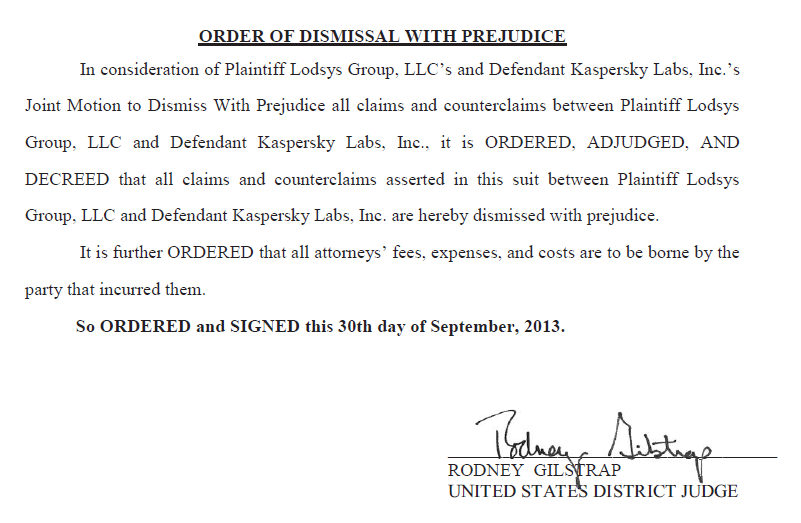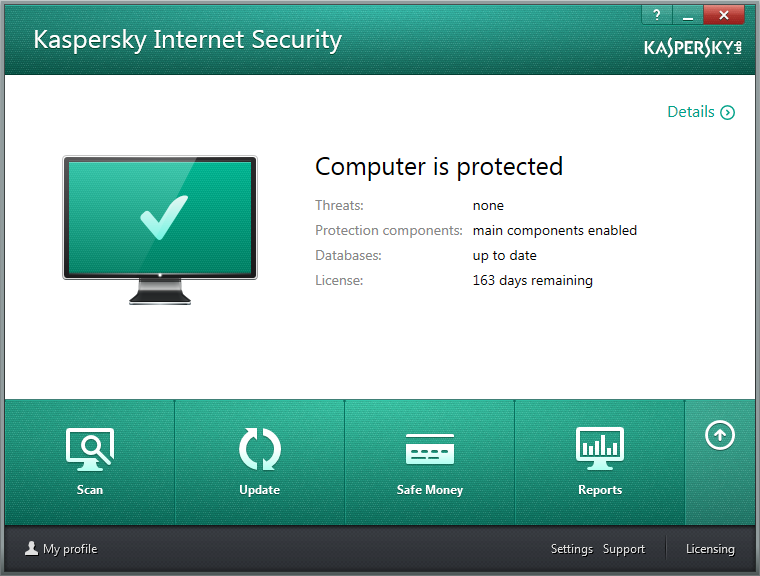Privyet everyone!
Yakutia (home to the Yakut people), or, officially, Sakha (home to the Sakha people) is very proud of its humungous dimensions, liking to compare itself with assorted European countries, a favorite for some reason being France: on Wikipedia (in Russian, at least) it says Yakutia is ‘five times as large as France’. (Why France? Why not Spain, Turkey or Ukraine?) There are plenty of other comparisons kicking about the Internet too, like the one approximately equating Yakutia with the Mediterranean and Black Seas together.
Anyway, whichever way you look at it – or measure it – there can be no doubt in anyone’s mind that what we’ve got here is one titanic territory. Indeed, turns out it’s the largest subnational entity in the world in terms of land area – stretching across three time zones!
But I think to do the place some justice it needs to be compared with other massive things, not much smaller ones. So, here we go…
With a territory of around three million square kilometers (but a population of just under a million; that is, three square kilometers per person), what other ginormous territory can it be compared with?
First off – Australia. Yakutia is only two and a half times smaller than the whole of Oz, while having 20 times less population. But that makes sense, for down under they don’t have to suffer the intense Yakutian winters. Then again, Australia is nothing but desert… that must be why the population there is only 20 times larger and not more (and lives all along the coast).
Next up: Canada. Yakutia is just three times smaller than this country together with all its islands. However, most of Canada is much further south – thus, 35 times as many folks live there.
Next: China. This country is also three times bigger than Yakutia, whereas the population… hmmm, best not get into that. China not the best example to take…
On per capita income – Yakutia is somewhere near Thailand, Cuba and Peru (individually), while it comes four times less than Australia and Canada, and a little more than China.
Yakutia can boast not only a massive territory; it also rocks in terms of diamonds, is real cool on the permafrost front, and is extreme to the extreme on wintery cold – particularly in Oymyakon. There’s also the Kolyma Highway (the one Ewan McGregor and Charley Boorman rode along on their round-the-world motorcycle trip in 2004), the Lena River, and – last and most – the Lena Pillars – which were where we were headed. Here are the pics:

More: Pillars, permafrost and people who live there…











